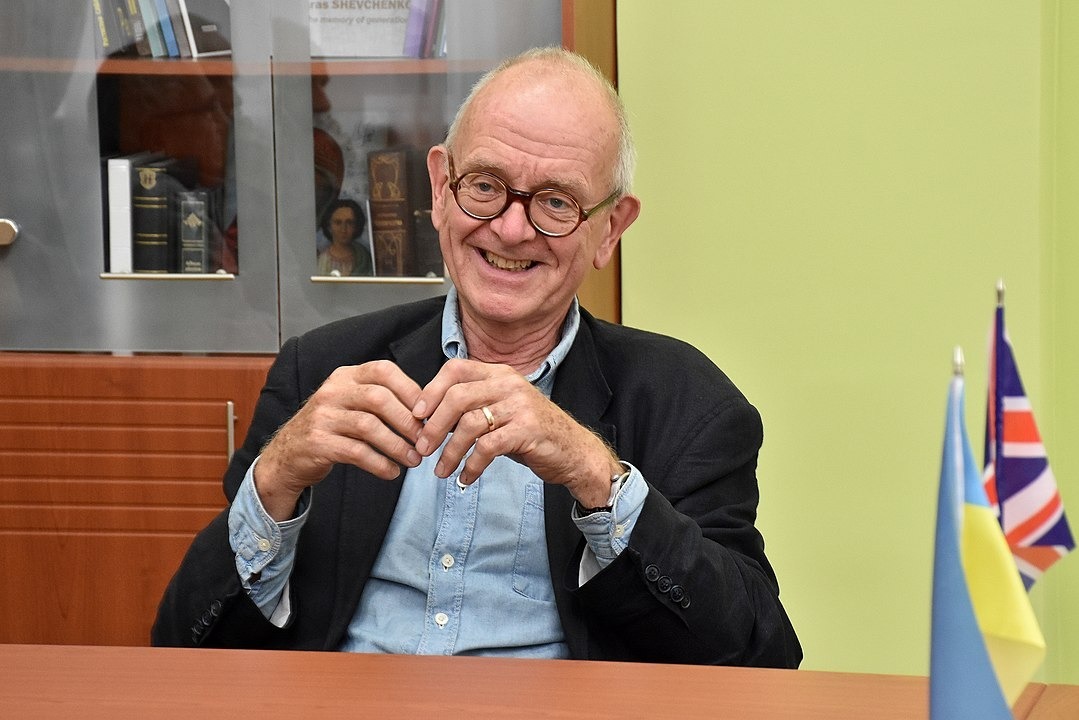
Assisted dying is a sensitive subject, and one that many in public life would prefer to avoid. Yet the way in which we treat people who are terminally ill, or those who are suffering at the end of their lives, speaks to the very nature of our civilisation. The right to die – to determine your own best interest, and have that choice supported by others – is arguably a human right, as is the ability to avoid prolonged and unnecessary physical and mental pain.
However, in England and Wales, assisting a suicide is currently a crime, punishable by up to 14 years in prison. This includes, for example, helping a terminally ill person arrange a trip to another country, such as Switzerland, where assisted suicide is legal.
These laws have been recently thrown into the spotlight by acclaimed neurosurgeon and author Dr Henry Marsh. Following his recent diagnosis with advanced prostate cancer, Marsh is calling on parliamentarians to conduct an urgent review of the UK’s assisted dying laws. Marsh is a patron of the campaign group My Death, My Decision, and has long supported a change in the law, having spent a lifetime operating on people with cancer, and seeing first hand the agonies that patients and families often undergo.
Now the issue has become urgently personal. Following his diagnosis, Marsh backed a group of more than 50 MPs from across the political spectrum, who wrote a joint letter to the Justice Secretary urging a public inquiry into the law. Organised by My Death, My Decision and Humanists UK, the letter pointed out that Britain is falling behind the rest of the world. Successive countries – including Germany, Canada, Italy, New Zealand and parts of the United States – have changed their law since 2015 or are due to do so. Ireland is actively considering similar proposals.
The letter called on the justice secretary to take into account changing attitudes in this country, where for decades the law has failed to reflect public opinion. A survey conducted by Populus in 2019 of people in England, Wales and Scotland found that five out of six supported a change in the law on assisted dying for terminally ill, mentally competent adults.
The Ministry of Justice have responded to his letter saying that a change in the law of “such sensitivity and importance” must be for individual MPs to consider. However, some progress has been made, as the health secretary Matt Hancock has told parliamentarians that the facts underpinning the assisted dying debate need to be "properly addressed and published" and has requested more data on the number of people in England and Wales who end their lives after being diagnosed with a terminal medical condition. Humanists UK is also asking supporters to write to their MPs in order to keep up the pressure.
Opponents argue that the law as it stands protects people, at an extremely vulnerable time, from being put under pressure to end their life. Dr Gordon Macdonald, chief executive of Care Not Killing, which opposes assisted dying, said this new “push” to legalise assisted suicide and euthanasia was “dangerous and desperate”, particularly as we are still in the midst of a global pandemic.
It is clear that we need safeguarding mechanisms to protect the vulnerable and to ensure that people are acting in sound mind when they choose to end their lives. However, it’s important to note the role of faith groups in opposing any change. While not all members of Care Not Killing are religious, the Catholic Church played a significant role in the group’s formation, for example, raising questions about whether faith organisations are exerting undue influence. Both the Catholic Church and the Church of England are firmly against any change to the law.
Marsh, meanwhile, is confident. He said in his letter that opponents of a public inquiry fear that “the evidence is so strong that their hypothetical arguments against it don’t hold water, that they will lose the debate.”
It goes without saying that any change in legislation must be handled with great care. But the striking gap between public opinion and the law cannot be ignored forever. Neither can the voices of people facing the prospect of agonising end-of-life suffering, such as Marsh. What they seek is the ability to choose: the right to death being a crucial counterpart of the right to life.
This piece is a preview from the Witness section of New Humanist summer 2021. Subscribe today.

